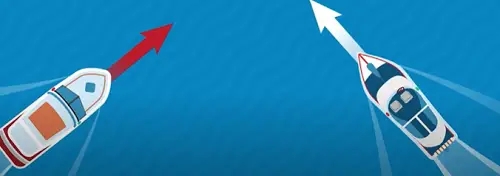First, check the navigation charts for finding available sea room. Second, keep your eyes open, and slow down if the other boat is not keeping a safe distance. Third, try to change course slightly to avoid hitting the other boat.
Remember, you should keep a large distance from the other boats and always sound your horn. You should have knowledge about your surroundings.
You’ve heard it all before: don’t drink and drive. Don’t text while driving. These are just some of the rules we have in place for good reason – because they save lives. This is also true when boating – but there are fewer regulations than with cars which makes these accidents more common as well as more fatal than car accidents normally are. That being said, here’s what you can do to avoid colliding with another boat.

What should you do to avoid colliding with another boat?
1.) Do not make wrong decisions
You should have someone on the boat who can look out for traffic from different angles. They need to be able to see what is in front of them as well as around their sides and even behind them. What you don’t want to do is make a decision about where to go based on what you can see in front of you only. If another boat, a jet ski, or even someone water skiing was coming up behind you from further away than you could have ever seen by just looking in front? What might have been a simple and easy turn would have just turned into a crash, and the damage could be very costly.
2.) Follow the rules
The rules of navigation for your area may seem simple, but they can get a little more complicated in certain areas. Make sure that you know the rules of navigation for your area. If you are in a restricted area, and you don’t have permission from the proper authority, then it’s illegal for you to be there.
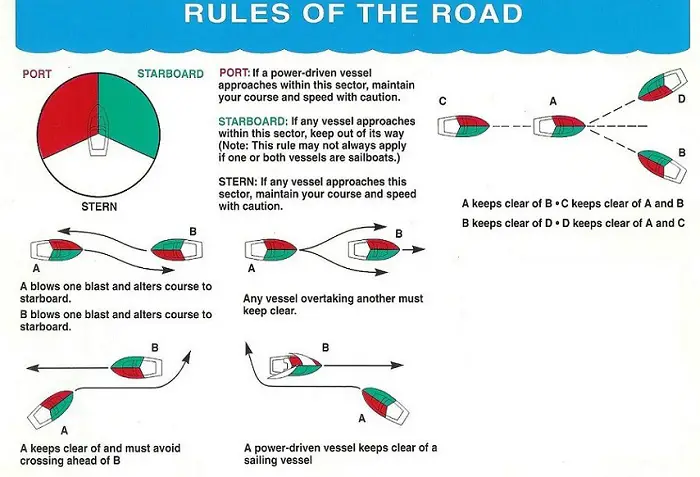
COLREGs are the rules that govern how you navigate your vessel. As a boat captain, it’s not just enough to follow what they say – you also have to use common sense and do everything in your power to avoid collisions. The rule requires you to follow both the rules and ‘the ordinary practice of seamen’. This means that always using good judgment when navigating is key.
3.) Pay attention to navigational aids
Navigational aids are important for many reasons, but here’s one of the most obvious ones. They keep people safe.
Navigation aids are critical for safety and determining a boater’s position. They can prevent collisions, improve visibility in fog or dense haze, and provide the means to safely navigate through narrow channels in wide expanses of water.
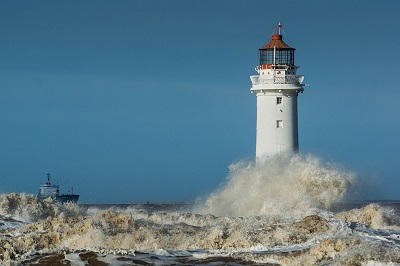
If you are near a navigation aid, such as a channel marker, then you need to watch it as an indication of which side the channel is, or where the turn is going.
4.) Keep a sharp lookout
You need to be using your eyes as much as possible in order to keep yourself out of trouble. What you are looking for when doing this is any traffic, and once you have spotted it, then you will want to see how fast they are going, and where they are going in relation to your boat. What this is going to do is help you to decide where the best place is for you to be in order to not collide with them.
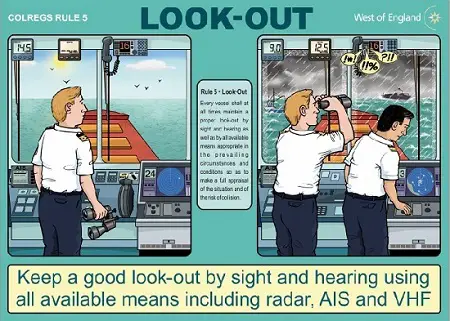
5.) Maintain a safe speed
You should always be going at a speed that will allow you to stop quickly, and also give yourself time to react safely if anything does happen. This is going to do is help keep you away from any potential hazards. It will also do is prevent other boats from trying to pass you in an area where there is not enough room.
6.) Do not operate when fatigued or inattentive
You should never do anything when you are not feeling well, or even just too tired to be doing what you need to be doing. What happens when you do this is that your chances of an incident happening increase dramatically.
This is why it’s important for all boaters to know the signs and symptoms of fatigue so they can take a break before getting behind the wheel.
7.) Be aware of floating debris
There are a lot of things floating in the water, and you need to make sure that they won’t get in your way. What you don’t want to happen when they do is have them hit you or throw you off course.
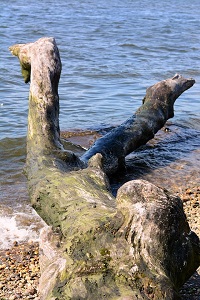
You may not realize that floating debris can obscure the waterway, but if you’re on a boat or kayak it’s very dangerous. Pay attention to what is in your way and use caution when navigating around any obstacles. If you are unsure of how to get out of the way, go back to where you came from.
8.) Don’t take alcohol
Alcohol is a common trigger for boating accidents. Drinking alcohol is illegal for a reason. But drinking while boating can be especially dangerous. Don’t risk it. Avoid alcohol consumption before or during any type of boat trip to make sure that you stay safe and avoid an accident with potentially devastating consequences.
9.) Avoid crowdy traffic route

When boating, it is important to avoid large traffic areas and dense fishing areas. Boaters should also take precautions such as avoiding crowded beaches and staying far enough away from other boats so they don’t get in their way. It is best to stay at least 100 meters away from any fishing boat to avoid getting tangled in their nets.
Conclusion
The first thing is to identify the other boat using the radar or if possible using your own eyesight. Then the best thing would be to try to not get as close to them as you can and wait until they move.
It’s easy to avoid a collision when you follow the rules of navigation, pay attention to navigation aids and maintain a sharp watch. What are your thoughts on this article? We would love to hear what you think about these safety tips for boaters in our comment section below.
